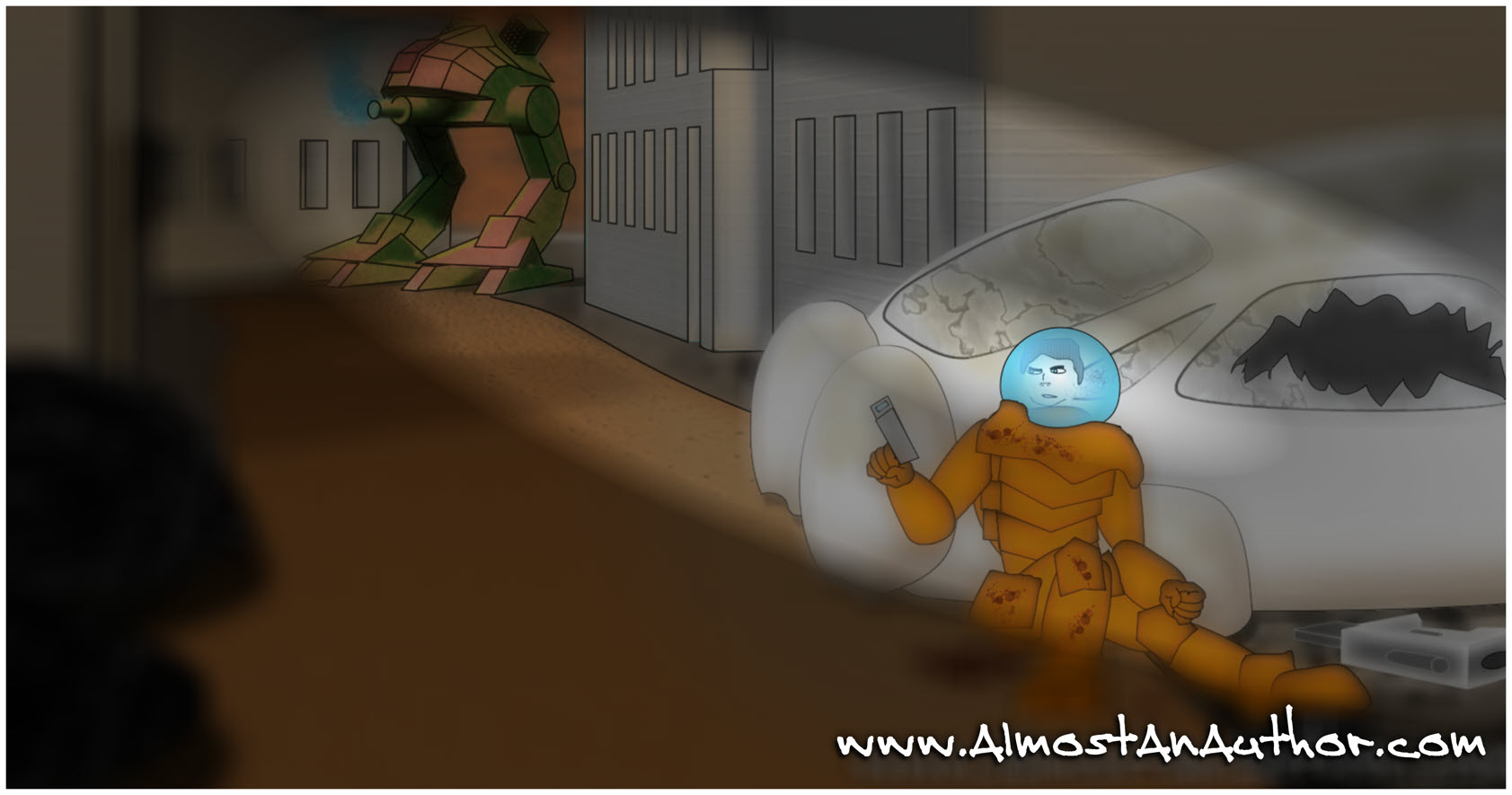
A Lighter Look at the Writer's Life
Glass Half Full or Half Empty?
Several years ago, I noticed the trend of people having a “word for the year.” Especially in Christian writing…
January 6, 2022
Several years ago, I noticed the trend of people having a “word for the year.” Especially in Christian writing…
January 6, 2022
In Harper Lee’s To Kill a Mockingbird (1960), the character Atticus Finch says, “You never really understand a person…
September 24, 2020
It took 11 months after my accident before I was finally released from doctors’ care. That season was more…
July 29, 2020
The carbine was still jammed and Jim couldn’t do anything to fix it. He finally tossed it aside and…
November 9, 2016
Have you ever received a negative review of your writing? You know, the kind that makes you want to…
August 8, 2015